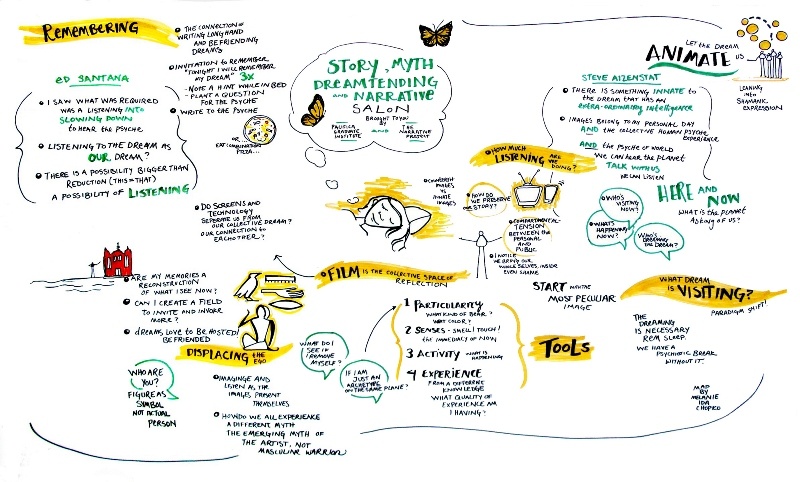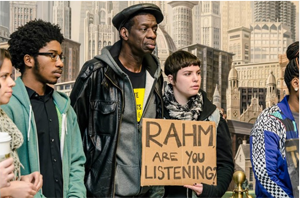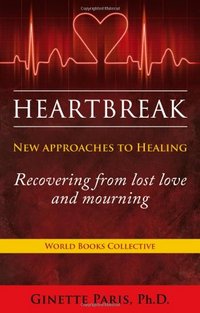“People say that what we’re all seeking is a meaning for life. I don’t think that’s what we’re really seeking. I think that what we’re seeking is an experience of being alive, so that our life experiences on the purely physical plane will have resonances with our own innermost being and reality, so that we actually feel the rapture of being alive.”
― Joseph Campbell, The Power of Myth, The Power of Myth
If you’ve ever had the experience of being fully in your body, you can likely relate exactly to what Campbell meant when he referred to the “rapture” of being alive. I remember hiking through a rain forest in Belize a few years ago in a mighty tropical rainstorm, boots sliding on slick, wet, red clay earth as I grasped at vines to pull myself up embankments. My leg muscles felt infinitely powerful as they worked in perfect harmony with deep rhythmic breaths that seemed to form in perfect accord with the sound of the rain beating giant fronds all around me. I felt lithe, powerful, sleek—almost panther-like—I remember thinking at the time. And, it felt like the most natural thing in the world. I was truly fully embodied in the midst of one of the most powerful places in nature that I have ever been, and I have never felt so euphoric, nor so alive.
This powerful image of my felt experience while in the jungle re-appeared instantaneously for me when Dr. Rae Johnson reminded me of this powerful quote by Joseph Campbell when we recently sat down for a conversation together. Rae is a somatic movement therapist, educator, and researcher, and also the Chair of the Somatic Studies Specialization of the M.A./Ph.D. Depth Psychology Program at Pacifica Graduate Institute in Santa Barbara, CA, and she offered some captivating examples of just how transformational embodied awareness can be—especially if it’s grounded in a depth psychological context.
Click here to Listen to the full interview with Rae Johnson (Approx. 37 mins)
Read More










